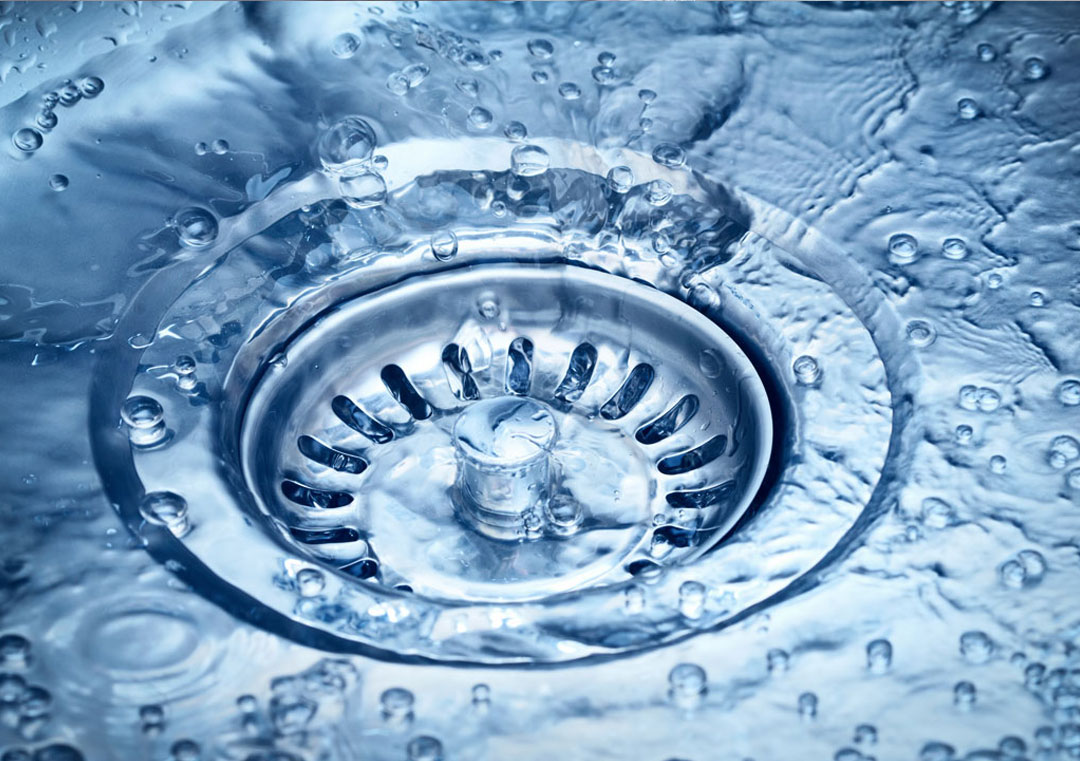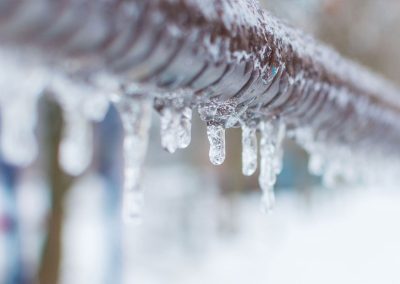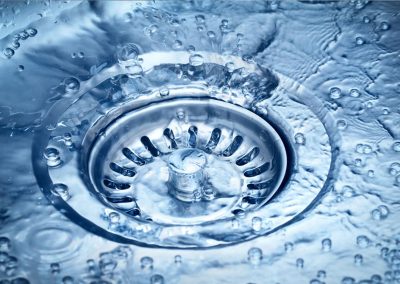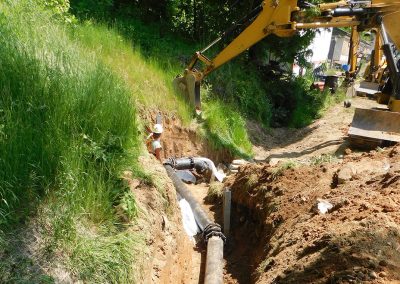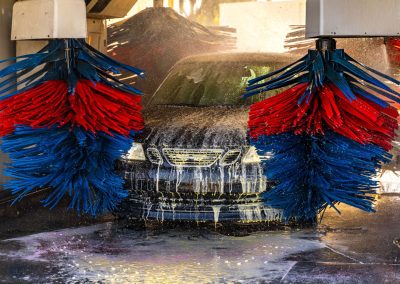The Do’s and Don’ts for Handling Grease
The holidays are upon us, and as Washington County residents are preparing scrumptious meals for their family and friends, it’s important to avoid cooking up a plumbing disaster within your household drains and sewers.
Grease is a byproduct that is produced when cooking with meat fats, lard, oil, shortening, butter or margarine, food scraps, baking goods, sauces, dressings and dairy products. Unfortunately, many homeowners believe it’s acceptable to wash grease down the sink on an occasional basis, especially if they include commercial additives that claim to dissolve grease. However, these products still allow grease to travel and stick to the inside of private and public sewer lines, and will eventually block the entire pipe over time.
A clogged pipe can result in raw sewage overflowing into your home, your neighbor’s home, a business, parks, yards and streets, along with a costly cleanup from a local plumber and/or sewer department, potential contact with bacteria and disease-causing organisms, and undesirable odors.
Here are a few tips on how to appropriately dispose of cooking grease and oils to avoid adding additional stress to your pipes and wallet.
Do:
- Allow grease, meat fats and cooking oil and more to cool, then place in non-recyclable containers (such as an empty soup or vegetable can) and discard in your regular garbage.
- Use paper towels to remove any residual grease or oils from dishes, pots and pans prior to washing them.
Do Not:
- Pour cooking oil, bacon grease, salad dressings, sauces or pan drippings down sinks, toilets, street gutters or storm drains.
- Rinse hot water or add soap over dishes, pots and pans, fryers or other utensils to remove oil and grease. The grease will eventually cool and harden in your pipes, and can result in a blocked sewer line.
- Dispose of any kind of food down the drain. Non-greasy leftovers can also plug your home’s pipes and septic lines, so it’s always a good idea to dispose of any food in your regular garbage.
- Use cloth towels or rags to remove food from or to clean greasy or oily dishes. Cloth items tend to retain grease or oils, which will eventually end up in the sewer once they are washed.
Click Here for the Full Page of In The Pipe Newsletter Stories



